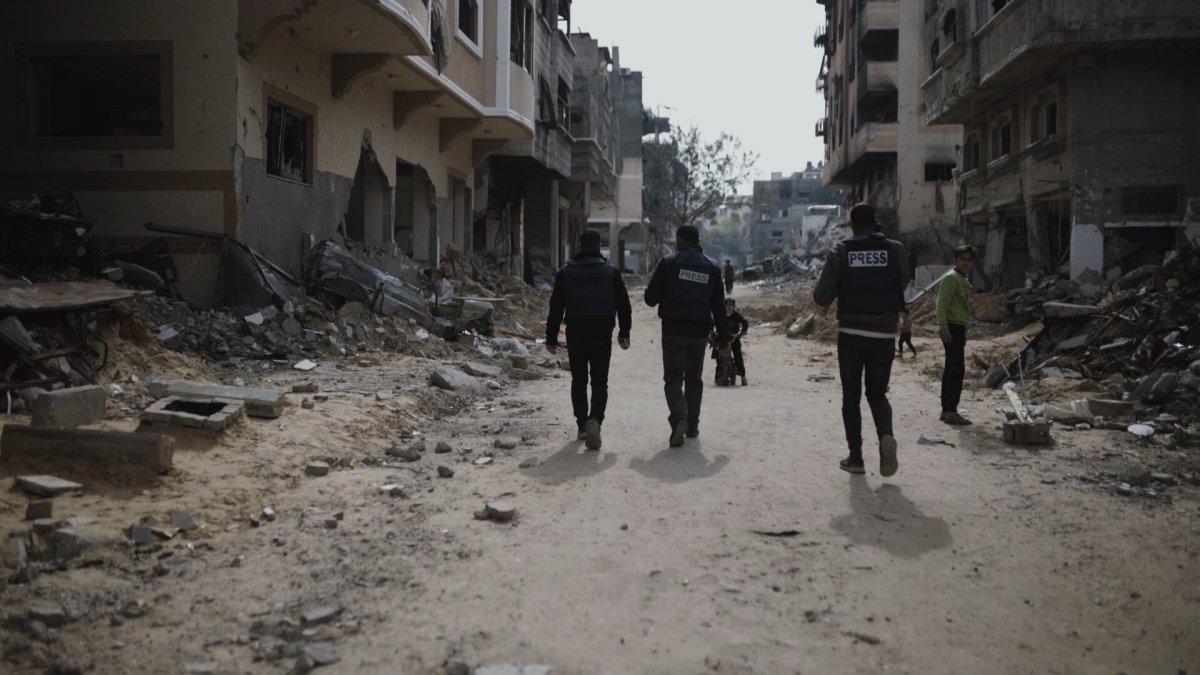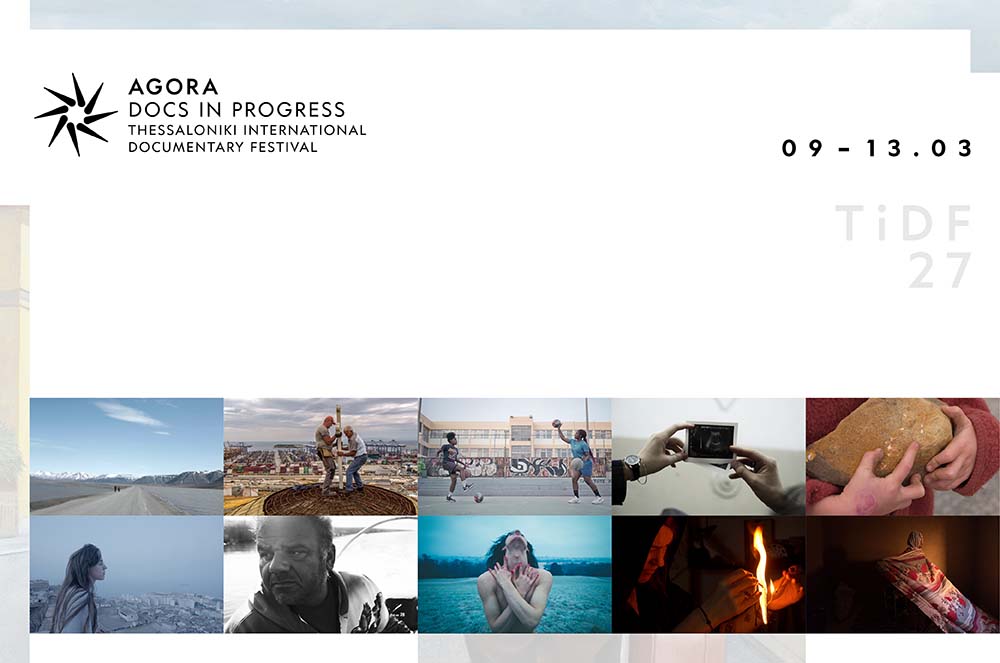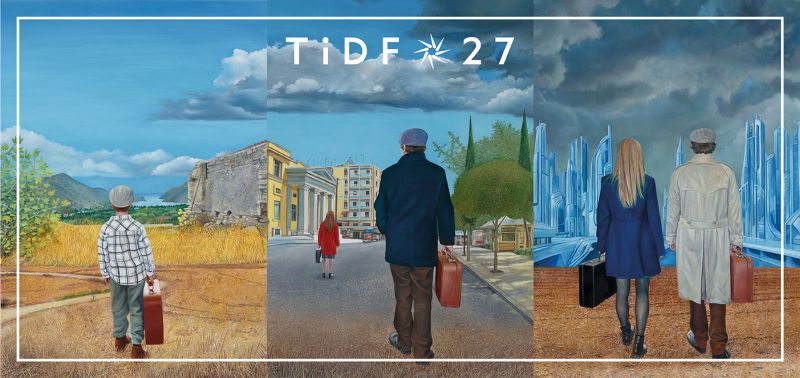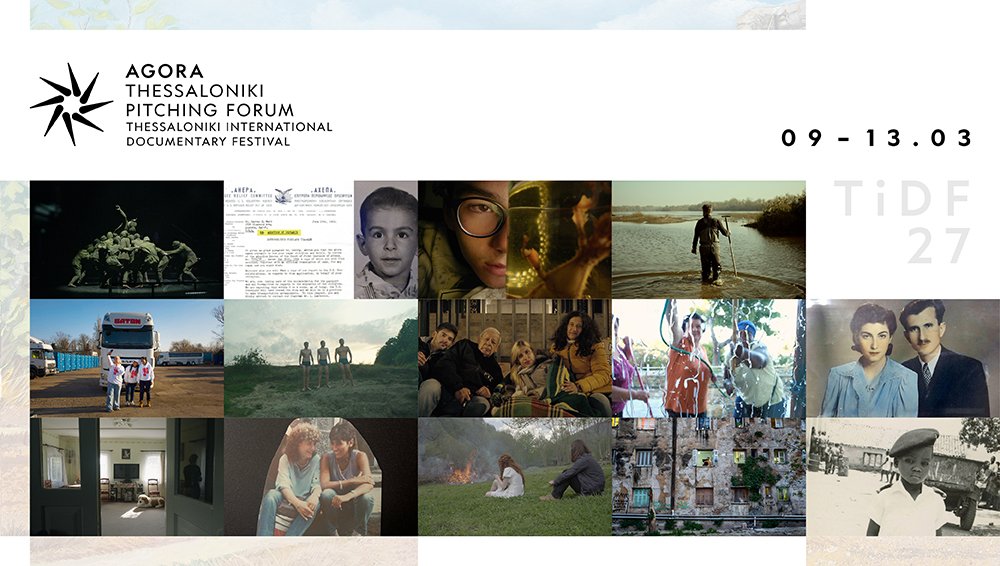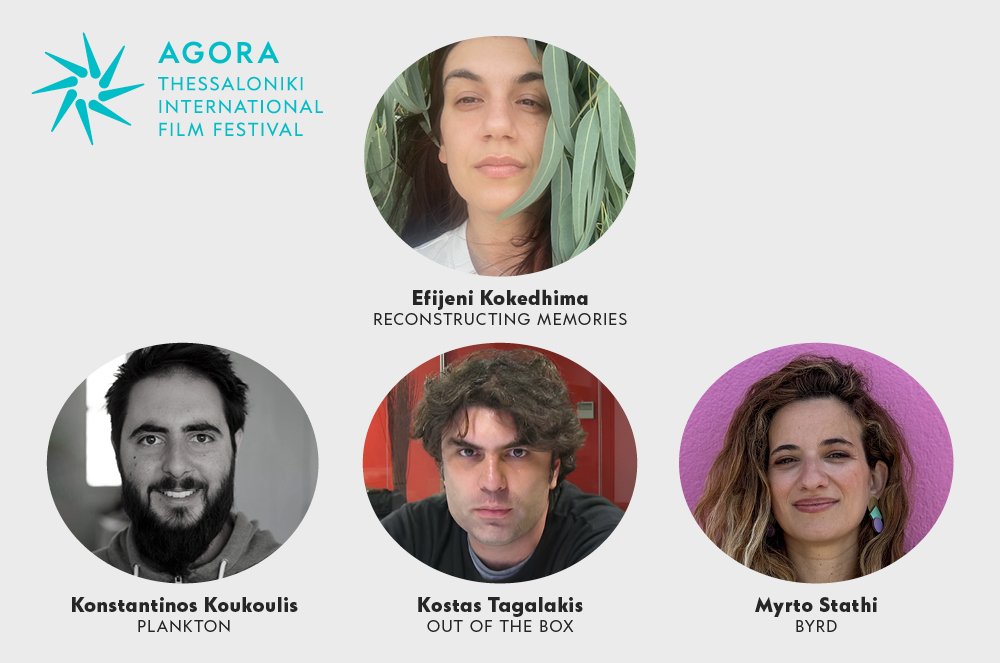Those present today in the “Stavros Tornes” theatre at the Thessaloniki port were charmed and fascinated by the liveliness, expressiveness, the humor and immediacy of Chris Doyle. The famous cinematographer is in Thessaloniki as a guest of the 44th Thessaloniki International Film Festival. For an hour and a half, Chris Doyle spoke about his technique, his own personal outlook on cinema, his friendship with Wong Kar Wai and his experiences from his own film projects, while answering only to questions posed by…women!
“My mom says that I should become a missionary for cinema because I’m catholic, but I’m getting over that. I want to be the Mick Jagger of cinema. The problem is that I live like Keith Richards”, he said jokingly in an atmosphere of euphoria in the packed theatre. Doyle resides permanently in Hong Kong and is one of Wong Kar Wai’s main colleagues. This is what he had to say about cinema: “I think that art is mainly inspired by music. All of those involved begin and end together but they figure out the middle part on the way, just like in jazz. This is especially true in Wong Kar Wai’s films. As most of you know, we usually start off without a script and the shootings last a long time. Somewhere down the road we find the film or the film finds us. Therefore, it’s extremely important to create the right environment to work in, with the energy and freedom to develop relationships between the collaborators. Most people are able to do this in bed but it rarely lasts. Wong Kar Wai is one of the few people who have been able to create such a working environment for the past 20 years. I assure you, its horrible. It’s extremely difficult to live up to it but it’s fascinating. I’ve worked with various directors but I believe that Wong Kar Wai is the best, the hardest and the most bitter man to work with, but also, the love of my life”.
The famous cinematographer also presented fragments of the film “Happy together”, in which there was a lamp: “This lamp was from a thrift store in Buenos Aires. We thought of the film when we discovered the lamp”, he said teasingly. “We can distinguish two categories in cinema. Cinema is about intimacy and the dream state. If you don’t know something very well, you can’t speak about it. Half of the films we did with Wong Kar Wai were shot within a minute’s distance from my house. As a matter of fact, one of them was shot in my room”.
While presenting fragments from “Days of being wild” Mr. Doyle didn’t hesitate to reenact himself during the film’s shooting: “Close personal attachment and the intimacy of a place are extremely important; it’s a physical relationship. These things lead us to a dream state in a film. What we do is essentially the same thing that authors do, only we show faces”. “My work as a cinematographer is to take an idea an make it into an image; to grasp the idea and transform it. If every scene of a film can achieve this, then it’s successful. The thing is: how can you present a waterfall with an image that no one has seen before? That’s what’s important for me: to create such images. You don’t have to explain music or a song, so why should an image have to? That’s the challenge. I think it’s extremely important and I’m proud that we are traversing a period in the history of cinema where the audience knows much more than the critics do. Nowadays, the audience is more sophisticated”.
Chris Doyle believes that space imbues and penetrates a film: “We work the other way around. We don’t look for the space first. That’s the freedom you get from working with artists. Many films are created from a mistake or from something unexpected, a surprise. For instance, in the waterfall scene, a Hollywood director would have said no to the water splashing on the camera. We thought it was lovely. That’s the essence of our style. Faults and surprises”.
His personal “notes”
Besides film fragments, Chris Doyle also presented various snap shots, his own personal notes, as he called them: “I always carry a camera with me and I shoot these moments. It’s not a form of an archive but just my personal notes. Most of these snap shots are from shootings since I spend most of my time with people who work in cinema. Therefore, in my daily life, I try to find some time to be alone. It could be while I’m among 1000 people. In situations like these, you must find some way of creating your own space, in order to take back some of what you give to others. I’m able to do this with my snap shots”.
At the end of the master class, Mr. Doyle said: “I feel like one of you. I don’t believe that I do anything special. I’m not one of those people who believe that their work should be admired. I followed a similar course to yours. I was 30 years old when I first held an 8mm camera and it was by chance. It was so simple and complicated. Down the road I managed to get where I am now. I make films simply because I desire to communicate with others. I suggest that everyone should try and find their own personal voice. Nothing more, nothing less. As the song goes, ‘Love doesn’t last forever, we can build it day by day’.








